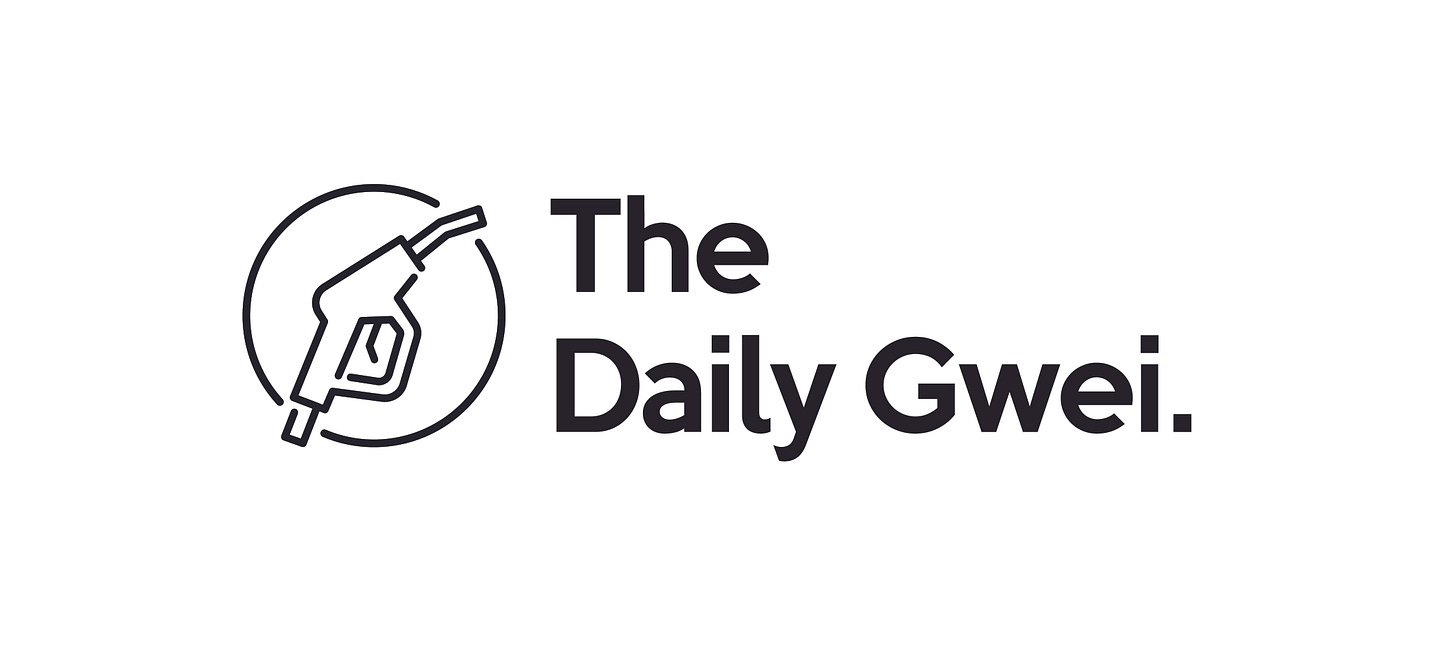Central bank digital currencies (CBDC’s) have become all the rage lately and even the U.S. Federal Reserve is looking into them. Many people are wondering - are they going to be good or bad for the “crypto” ecosystem? Well I believe that they are incredibly bullish for crypto because they give crypto legitimacy.
Governments/nation states don’t regulate things that they intend to ban and that’s exactly what we’ve been seeing play out over the last few years in crypto. Sure, there’s always rumors and rumblings about crypto being “banned” (how many times has China done it so far?) but the common theme is usually that this is all talk and there’s very little follow-through. The reality is that governments are complex organizations with millions of moving parts and just because one person or department says something, doesn’t mean that the entire government agrees with it. On top of this, democratic governments move slow and usually take years before implementing drastic structural changes to things like financial markets.
I believe that CBDCs work to legitimise crypto because it’s essentially the existing legacy systems and institutions “admitting defeat”. Though I don’t mean literal defeat, these institutions won’t be going anywhere anytime soon, but they are signalling that they believe crypto is here to stay by creating things like CBDCs. This isn’t the only signal they are sending - we’ve seen all types of institutions begin to buy crypto-assets over the last year and I don’t think this trend changes anytime soon (even though the market is currently cooling off).
To be honest, I don’t even think that something like crypto can be banned. Sure, governments could choke the fiat on-ramps and make it too burdensome to transact in crypto with heavy-handed regulations, but outright banning it would essentially be impossible (it’s like how they haven’t been able to ban peer to peer file sharing). This isn’t even to mention anything about the game theory at play here - if one large government bans crypto and another embraces it, then the one that bans it stands to lose billions in economic activity for its country and people will simply move to friendlier jurisdictions.
The internet changed a lot of things about society but I believe the most important thing it did was level the playing field for all of humanity. You only need some hardware and an internet connection to access the full repository of all human knowledge. Now, that same internet access grants people the ability to transact value completely outside of any individual or institutions control - and those same institutions are now legitimizing the entire industry.
Have a great weekend everyone,
Anthony Sassano
Join the Daily Gwei Ecosystem
All information presented above is for educational purposes only and should not be taken as investment advice.





